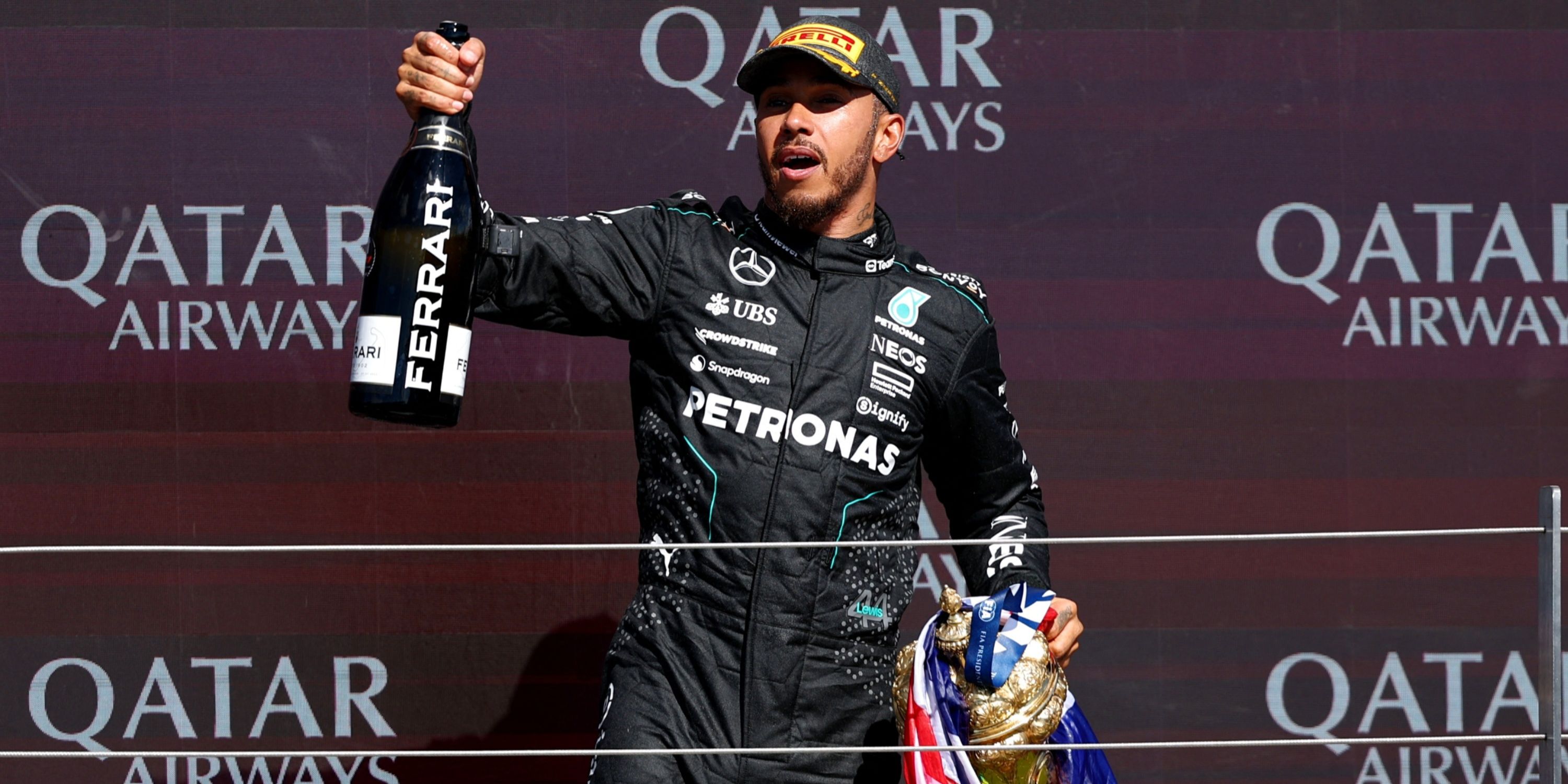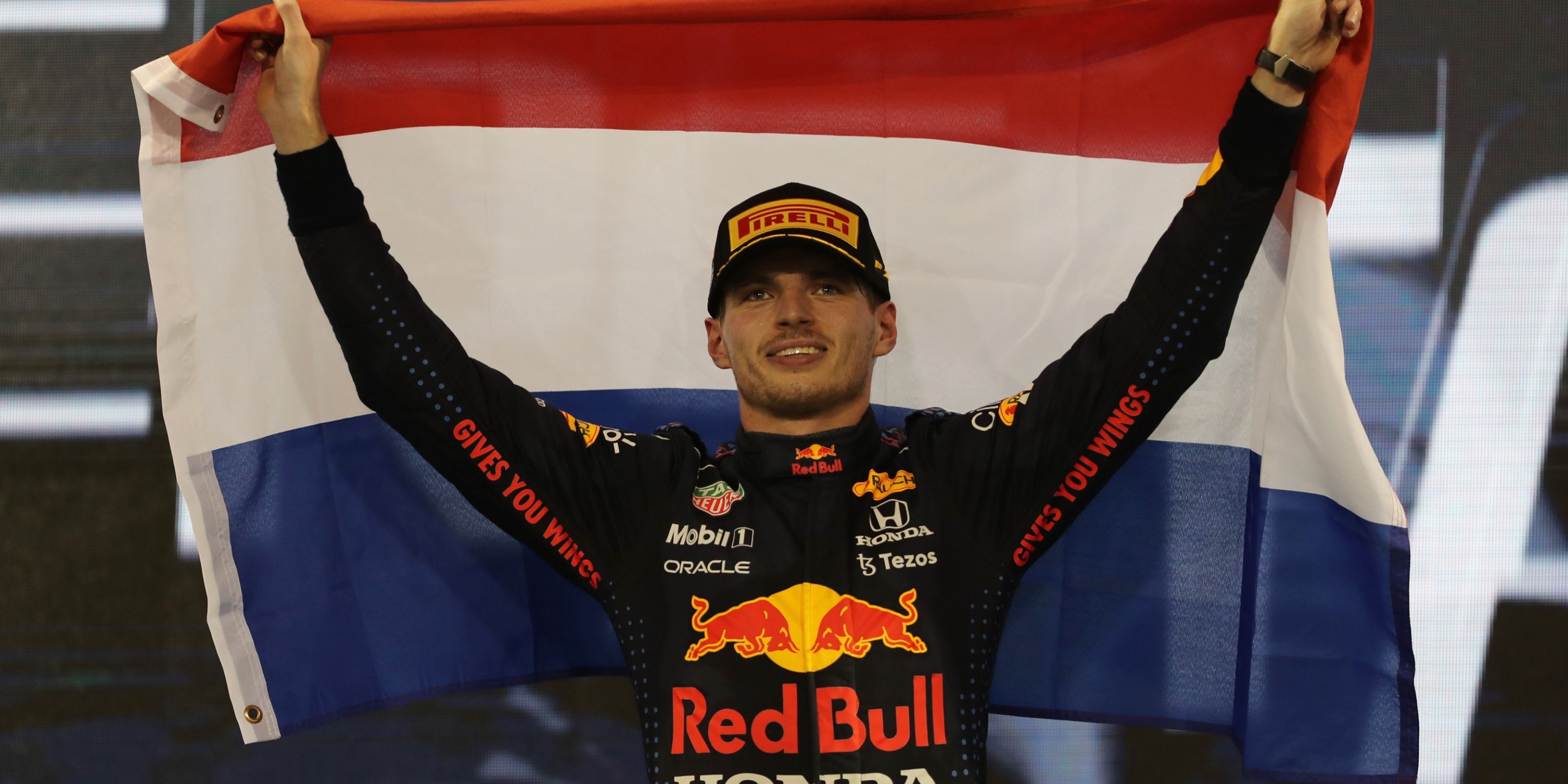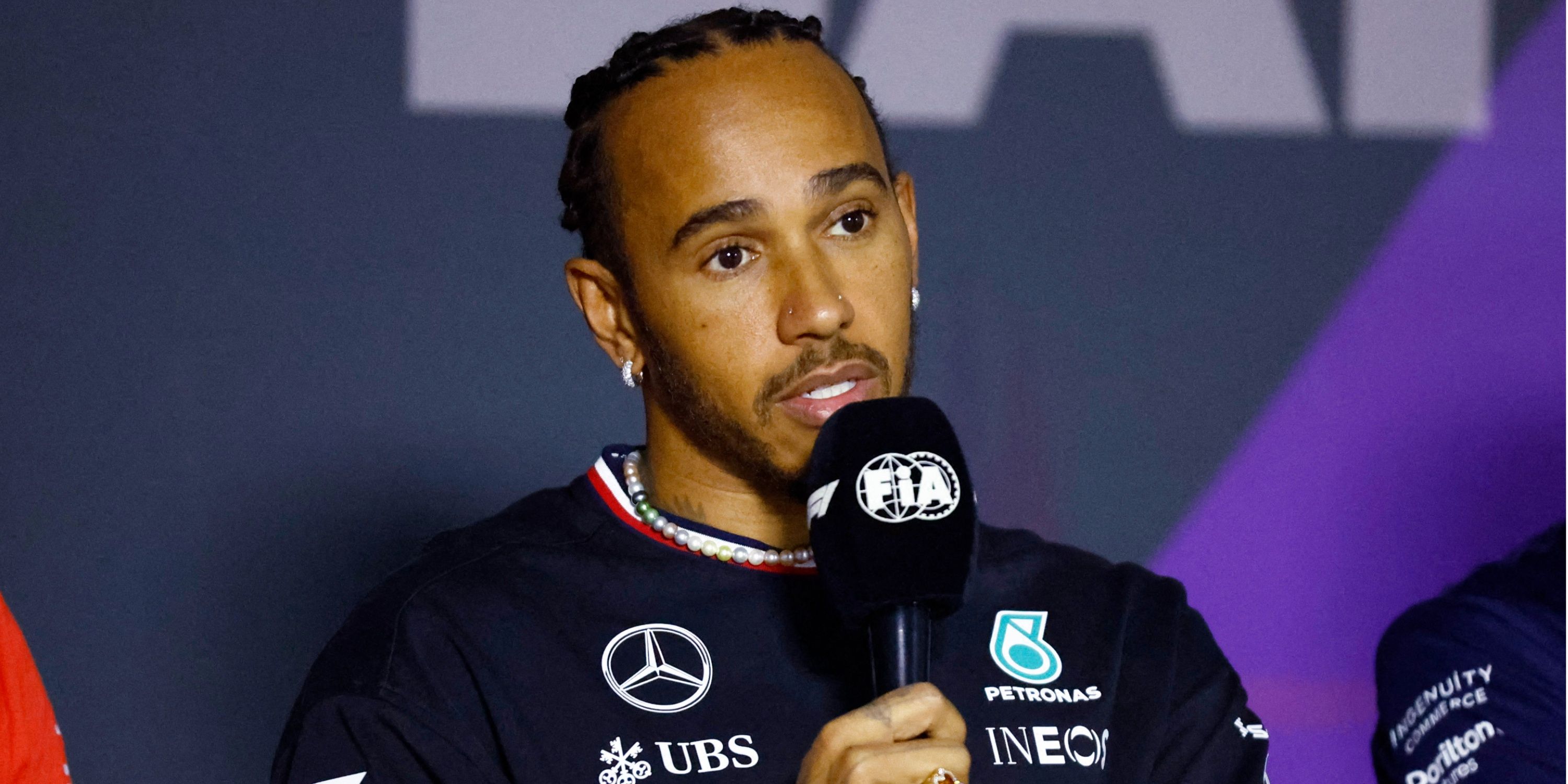Key Takeaways
- Verstappen and Hamilton were hard to separate in terms of records after 200 career F1 races.
- Pole positions and race wins were key areas where Hamilton outperformed Verstappen, showing his consistency and ability to convert opportunities.
- After finishing second at the Dutch Grand Prix, Verstappen missed the chance to join an elite group of F1 champions who won their 200th race.
In the high-octane world of Formula 1, few rivalries have captured the imagination of fans like the one that exists between Mercedes’ Lewis Hamilton and Red Bull’s Max Verstappen. Both drivers have carved out remarkable careers, setting records and achieving milestones that have cemented their places in the sport’s history.
After Verstappen racked up his 200th race at the Dutch Grand Prix, it provides a perfect opportunity to compare his statistics with those of Hamilton at the same stage of their careers.
Hamilton, who debuted in 2007 with McLaren, quickly established himself as a force to be reckoned with. His ability to extract the maximum performance from his car during qualifying sessions was a key factor in his success during his first 200 races.
Hamilton and Verstappen Are Tough to Split at the 200-Race Stage of Their Careers
The duo largely mirrored one another in terms of achievements

Pole positions
The only area in which one driver has a truly significant advantage over the other is in terms of the number of terms they had been on pole position during the time period in question.
After 200 races, Hamilton had secured an impressive 67 poles. Verstappen, meanwhile, has only started 40 races from the front of the grid. Considering that Verstappen competed in a midfield car with Scuderia Toro Rosso between 2014 and 2016, that tally is commendable and highlights his growth as a driver since joining Red Bull eight years ago.
Podium finishes

Hamilton had amassed 110 podiums after his first 200 races. His ability to consistently finish in the top three has been a hallmark of his career, showcasing his skill in navigating the complexities of race strategy and on-track battles.
Verstappen, with 107 podiums, is not far behind. The Red Bull man’s aggressive driving style and his knack for making bold overtakes have often put him in contention for podium finishes, even when starting from less favourable positions.
Race victories
Race wins are the ultimate measure of success in Formula 1. Hamilton had 57 race wins after 200 races. His knack for converting pole positions into victories has been pivotal in his career.
Verstappen, slightly ahead in this category, had 61 race wins. Verstappen’s ability to captalise on race day opportunities has been a consistent feature of his 61 wins. His fearless approach and willingness to take risks have often paid off, allowing him to secure victories even in challenging conditions.
Drivers’ championships
Both Hamilton and Verstappen had secured three championships each by the time of their 200th race. Hamilton’s triumphs came in 2008, 2014, and 2015, while Verstappen’s titles were in 2021, 2022, and 2023.
The 2021 season, in particular, was a nail-biting affair, with both drivers battling fiercely for the title until the very last race in Abu Dhabi. Hamilton’s championships were marked by his consistency and ability to perform under pressure, while Verstappen’s titles were characterised by his sheer will to win.
Points won

Hamilton had accumulated 3337.5 points after 200 races, averaging 16.86 points per race. Verstappen, with 2882.5 points, averaged 14.48 points per race. This difference can be attributed to the varying points systems and the competitiveness of their respective eras. Hamilton’s higher points tally reflects his ability to consistently finish in the points, while Verstappen’s slightly lower average points per race highlight the challenges he faced in his early career with a less competitive car.
Fastest Laps
Fastest laps are a testament to a driver’s speed during the race. Hamilton had 47 fastest laps compared to Verstappen’s 32.
The age at which they reached their 200th race also provides an interesting context. Hamilton was 32 years old at the time of the milestone, while Verstappen was 26. This age difference highlights the Dutchman’s rapid rise in the sport and his potential for a longer career.
Verstappen, though, did shut down any suggestion that he would reach 400 races before his second place finish at Zandvoort this weekend, declaring his career to be “more than half done, for sure”. The race did not unfold as the home crowd had hoped. Despite starting from the front row, Verstappen was unable to secure victory, finishing second behind Lando Norris.
The McLaren driver, benefiting from a series of substantial upgrades to the MCL38, dominated the race, winning by over 22 seconds. Verstappen, though he briefly led after the start, was unable to fend off Norris, who reclaimed the lead on Lap 18 and maintained it for the remainder of the race. Verstappen’s P2 finish means he missed the opportunity to join the elite group of F1 champions who have won their 200th race. Historically, only five drivers – Michael Schumacher, Jenson Button, Nico Rosberg, Sebastian Vettel and Hamilton himself can say they have achieved that particular double milestone.
While Verstappen still holds a 70-point lead at the top of the Drivers’ Championship over Lando Norris, his failure to take top spot on home turf this weekend will have been incredibly frustrating for him. Red Bull haven’t won a race since the Spanish Grand Prix in June, where Verstappen took the spoils and Norris could yet take advantage of their struggles to launch an unlikely title challenge.





